Mission
During the 1981 regular legislative session, the Mississippi Legislature enacted a bill to establish standards for the employment, training, and education of law enforcement officers. Governor William Winter signed the “Law Enforcement Officers Training Program (LEOTP) Act” in April 1981, and the law became effective on July 1, 1981.
The Law Enforcement Officers Training Program established the Board on Law Enforcement Officer Standards and Training (BLEOST) to implement the law and its provisions. The Act directed the Criminal Justice Planning Commission to provide the Board with administrative and fiscal support and designated the Executive Director of the Commission to serve as the staff director of the Board. Since 1981, the Commission has undergone several structural changes. It is now known as Public Safety Planning, a division of the Department of Public Safety.
Governor Winter and the 1981 Legislature recognized that law enforcement officers play a vital role in ensuring the health, safety, and welfare of the people of Mississippi. In many communities, law enforcement officers serve as the face of government and may be the primary or sole point of contact for large segments of the population. As a result, the role of the modern law enforcement officer has become increasingly complex. In recent years, the scope of law enforcement duties has expanded significantly due to changing demographics, rising crime rates, and evolving societal expectations.
The Board’s objective is to ensure that law enforcement candidates are selected based on high standards of education, fitness, and morality. Once selected, the Board ensures that these candidates receive the best possible training to prepare them for their duties while upholding the health, safety, and welfare of all citizens of the state. By coordinating and developing training programs at the beginning of and throughout an officer’s career, the Board strives to keep law enforcement officers informed of current developments and capable of meeting the evolving needs of society.
Funding
The Law Enforcement Officers Training Program (LEOTP) authorized the establishment of a fine assessment system to ensure adequate funding for the program. This assessment is added to all court-imposed fines and bail forfeitures as a penalty for violations of state criminal laws or municipal and county criminal ordinances, excluding parking violations. Courts collect these fine assessments and forward them to the State Treasurer for deposit.
The majority of the Board’s activities focus on training, with approximately 90% of the current budget allocated to this purpose. This funding supports Board-approved courses, in-service training, and the maintenance of the law enforcement audio-visual library. Training has proven invaluable in ensuring that law enforcement officers are well-equipped to meet the complex needs of the communities they serve.
Of the 90% of appropriated funds, the majority is distributed directly to law enforcement agencies to help offset the costs of mandated training. These agencies represent all facets of law enforcement throughout the state.
Policies and Procedures
The Professional Certification Policy and Procedures Manual, located in the navigation menu, outlines the policies and procedures established by BLEOST regarding the employment of law enforcement officers in Mississippi. This manual is issued under the authority granted to the Board on Law Enforcement Officer Standards and Training by Chapter 474, General Laws of Mississippi, Section 4. As a result, these policies and procedures have the force of law and serve as guidance for law enforcement agency heads and personnel officers whose staff fall under the jurisdiction of the LEOTP.
BLEOST Advisory on Handgun & Patrol Rifle Training and Proficiency Standards
Mississippi law enforcement agencies must maintain formal weapons training programs that ensure all personnel authorized to carry lethal weapons—including patrol rifles—are trained, tested, and documented in accordance with professional standards that uphold public safety and officer accountability.
Minimum BLEOST Expectations for Handgun and Patrol Rifle Training:
1. Annual Weapons Proficiency
-
Annual Qualification: All officers authorized to carry a handgun or patrol rifle must demonstrate annual proficiency with that specific weapon.
-
Certified Instruction: Qualification must be conducted by a BLEOST-certified firearms instructor.
-
Training Documentation: Each qualification session must be fully documented, including the officer’s name, date, course of fire, score, and instructor verification.
-
Remedial Training: Agencies must have a process for remedial training and retesting of officers who fail to qualify.
-
Duty Restrictions: Officers who are unable to demonstrate qualification with their primary duty weapon must not be assigned to enforcement duties requiring use of that weapon until qualification is achieved.
2. Core Training Content
-
Safe Handling Procedures: Officers must receive instruction in and demonstrate safe-handling techniques specific to patrol rifles.
-
Legal and Policy Compliance: Training must include instruction on:
-
Mississippi state law regarding the use-of-force and deadly force,
-
Agency-specific use-of-force policies,
-
Escalation and de-escalation principles.
-
-
Qualifying Course Standards: Proficiency testing must include a documented course of fire with established minimum passing scores appropriate for handgun and patrol rifle deployment.
Administrative Responsibilities
Agency heads are responsible for ensuring:
-
Handgun and patrol rifle training programs are in place,
-
All handgun and patrol rifle operators are qualified annually,
-
Proper documentation is retained and available for review by BLEOST,
-
Officers not meeting proficiency standards are appropriately remediated or reassigned.
This advisory is issued to ensure agencies understand their training and liability obligations under Mississippi law and BLEOST regulations. Regular firearms qualification is not only a training best practice—it is essential to maintaining an officer’s lawful authority to carry and deploy a patrol rifle in the field.
For questions regarding instructor certification, qualification courses, or documentation requirements, contact the BLEOST.
